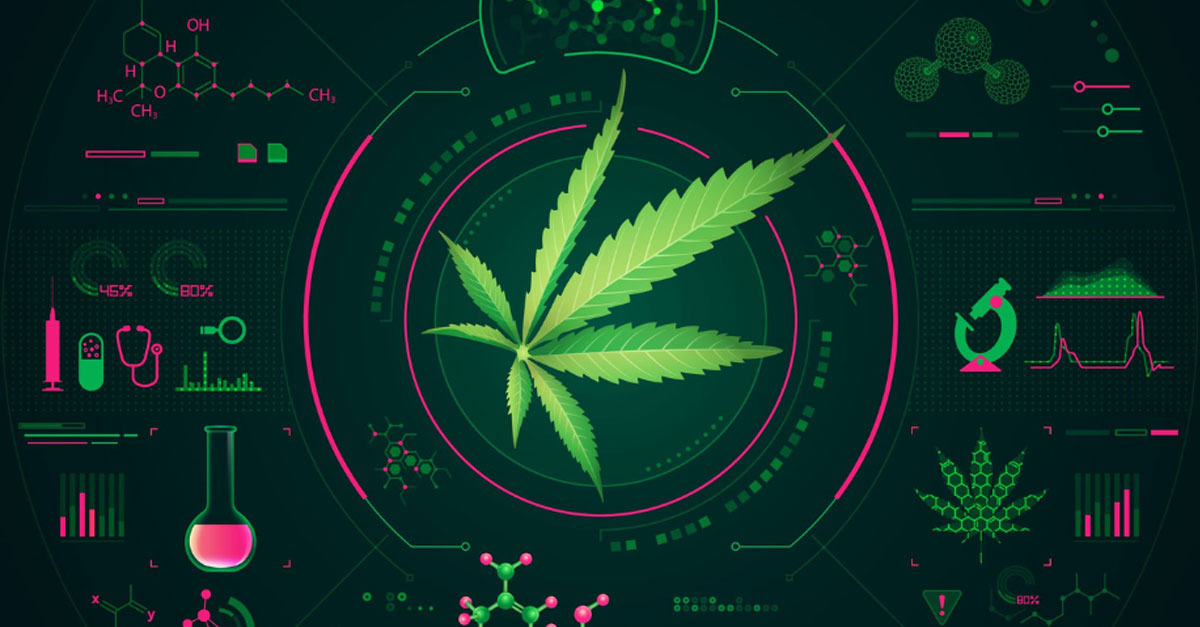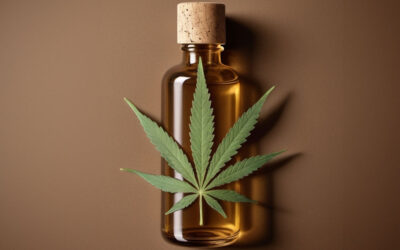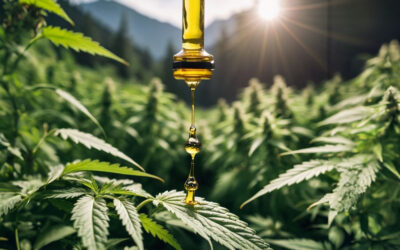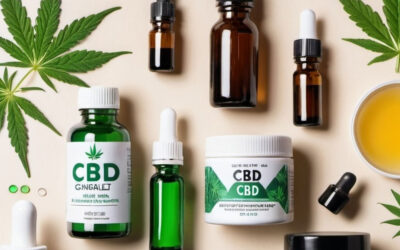THC-O, HHC, and All of The Cannabinoids

Weed Legality By State – Use and Cultivation
As the cannabis industry booms, so does the science. And with new science comes new discoveries. It seems there is a unique cannabinoid every few months. For example, the recent discovery and synthesization of THC-P came on the heels of deltas 10 and 11. This added onto cannabinoids like THC-V, CBN / CBG, and the familiar CBD. In our past blog articles, we’ve covered the discovery of THC-P, the new deltas, and the most well-known cannabinoids, including THC. This week, we list all of the cannabinoids and their isomers or analogs in an easy-to-reference table linking the chemical structures of each. We also explain what “delta” means and take a fresh look at newcomers THC-O and HHC. So next time you are looking at vape pens or gummies, you will have a better understanding of what’s in them.
| THC | Tetrahydrocannabinol | The primary psychoactive component in cannabis. |
| CBD | Cannabidiol | A phytocannabinoid that is the second most common active ingredient in cannabis |
| CBGa | Cannabigerolic acid | A biosynthetic precursor to THC. It is the only cannabinoid found to be psychoactive without needing decarboxylation. |
| CBN | Cannabinol | The first phytocannabinoid to be isolated from cannabis extract. |
| CBC | Cannabichromene | >A non-intoxicated phytocannabinoid found to be an anti-inflammatory. |
| THC-V | Tetrahydrocannabivarin | A homologue of THC. Effects vary between low and high doses (biphasic). |
| THC-P | Tetrahydrocannabiphorol | A potent phytocannabinoid that may be 30x stronger than THC. |
| THC-O | Tetrahydrocannabinol acetate | An analog of THC, It is synthesized from THC. It has been dubbed “the strongest form of cannabis”. |
| HHC | Hexahydrocannabinol | A hydrogenated version of THC found naturally in cannabis. It is semi-synthetic. |
| Delta 8 | Delta-8-Tetrahydrocannabinol | An analog of THC. It is synthetically produced as a byproduct from CBD or THC. |
| Delta 9 | Dronabinol | The synthetic form of THC. It is the most active isomer of THC yet. |
| Delta 10 | Delta-10-Tetrahydrocannabinol | An isomer of THC, it has little research to date. It is reported to be intoxicating. |
| Delta 11 | 11-Nor-9-carboxy-delta-9- tetrahydrocannabinol |
Aphytocannabinoidthat acts as a human xenobiotic metabolite. |
*A note about Delta-9 – When looking at the ingredients of cannabis products “Delta-9” refers to Dronabinol, a legal synthetic isomer of THC. This can be confusing as the term “delta-9” also refers to standard THC which is not fully legal in all states.
What is a Delta?
Perhaps the best way to explain the term “delta” concerning cannabis is by quoting Dr. Gerdeman from a HuffPost article: “Notably, the ‘delta’ is simply a chemical nomenclature that refers to the position of a double-bond that exists between two carbons found in a cyclic ring structure within the molecule. That double bond could be located anywhere in that ring, and the naming would simply follow it: delta-8, delta-10, delta-6 ― all of these are chemically possible, and can be made in a lab.”
Deltas bind to the same cannabinoid receptors found in the human neurological system. While the effects can vary from THC, most of them are very similar.
THC-O
Tetrahydrocannabinol acetate (THC-O) is a synthetic cannabinoid that is reported to be more powerful and have a longer duration of action than conventional THC. It is also commonly referred to as THC-0 which is actually incorrect.
THC-O was developed between 1955 and 1975 as part of the Edgewood military experiments where it was looked at as a non-lethal incapacitating agent. When given to dogs, it was shown to have around double the potential to produce loss of voluntary coordination of muscular movements as THC.
Even though officials were aware of THC-O and its potency, it was never officially added to the list of prohibited drugs. This means that it is still unclear where THC-O lies with cannabis regulations. As a result, THC-O is touted as legal in the U.S. and included in many cannabis products. Other than the Edgewood studies, there are no scientific reports of tetrahydrocannabinol acetate’s effects.
HHC
Hexahydrocannabinol (HHC) is a hydrogenated version of THC that is naturally found in cannabis. It is reported to have effects that are around 70-80% of the intensity of THC. The chemical hydrogenation of HHC makes it semi-synthetic. It is said to provide a euphoric high comparable to THC, but with more calming and tranquil properties similar to delta-8.
Roger Adams produced HHC for the first time in 1944 using natural THC found in Cannabis Sativa, L. He employed the same method that is used to turn vegetable oil into margarine. You can think of HHC as the hydrogenated oil of THC.
The legality of HHC is like that of many new phytocannabinoids, analogs, isomers, homologs, deltas…it’s murky. The 2018 U.S. Farm Bill removed hemp from the definition of marijuana. It also removed industrial hemp with a THC content of no more than 0.3% off Schedule I of the Controlled Substances Act, making it lawful. This left a big loophole for products like HHC and all of the known cannabinoids.
Latest GreenCore News
CBGA: The Mother of All Cannabinoids
CBGA: The Mother of All Cannabinoids CBGA, often called the "mother of all cannabinoids," is gaining significant attention. This foundational cannabinoid is showing promise in reducing seizures and treating conditions like insomnia and chronic pain. Recently, its...
Cannabis Concentrate Spotlight: Rick Simpson Oil
Cannabis Concentrate Spotlight: Rick Simpson Oil Rick Simpson Oil has become a cornerstone in the world of cannabis products. Renowned for its versatility, this concentrate offers a multitude of benefits for both medical patients and recreational users.In this blog,...
CBD 101: Properties, Production, and Potential
CBD 101: Properties, Production, and Potential CBD has rapidly evolved from a little-known compound to a household term. But while it has become a ubiquitous term, many remain unclear on what cannabidiol actually is. In this blog, Green Core Specialty Insurance...
Contact Us
Office Location
1600 Golf Road, Suite 1200
Rolling Meadows, IL 60008
Office Hours
M-F: 8am - 6pm
Phone
847-201-4600



